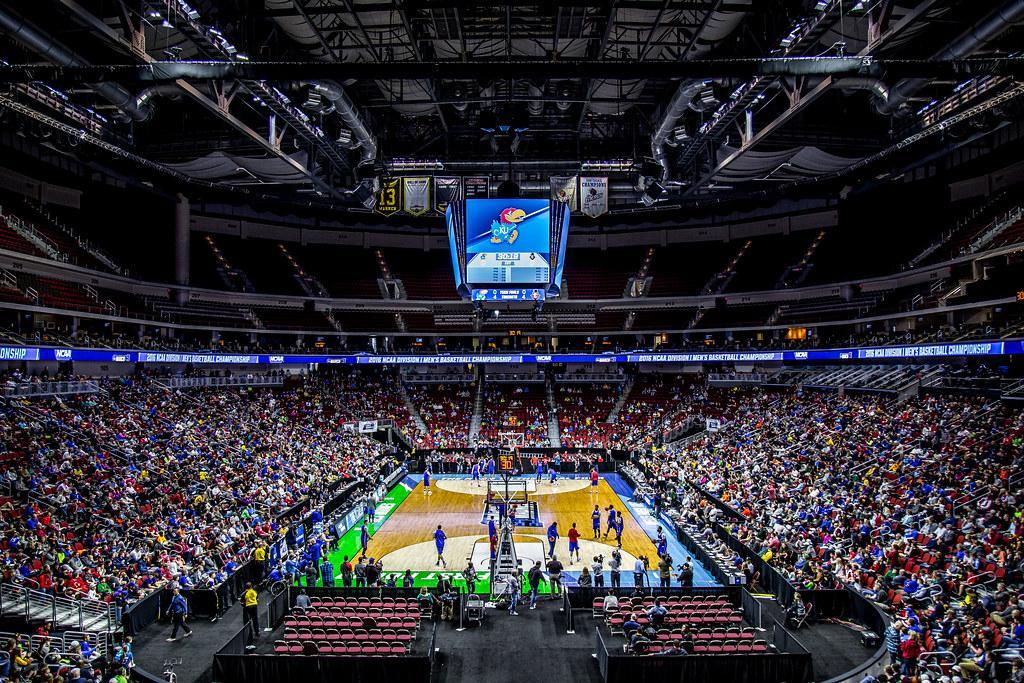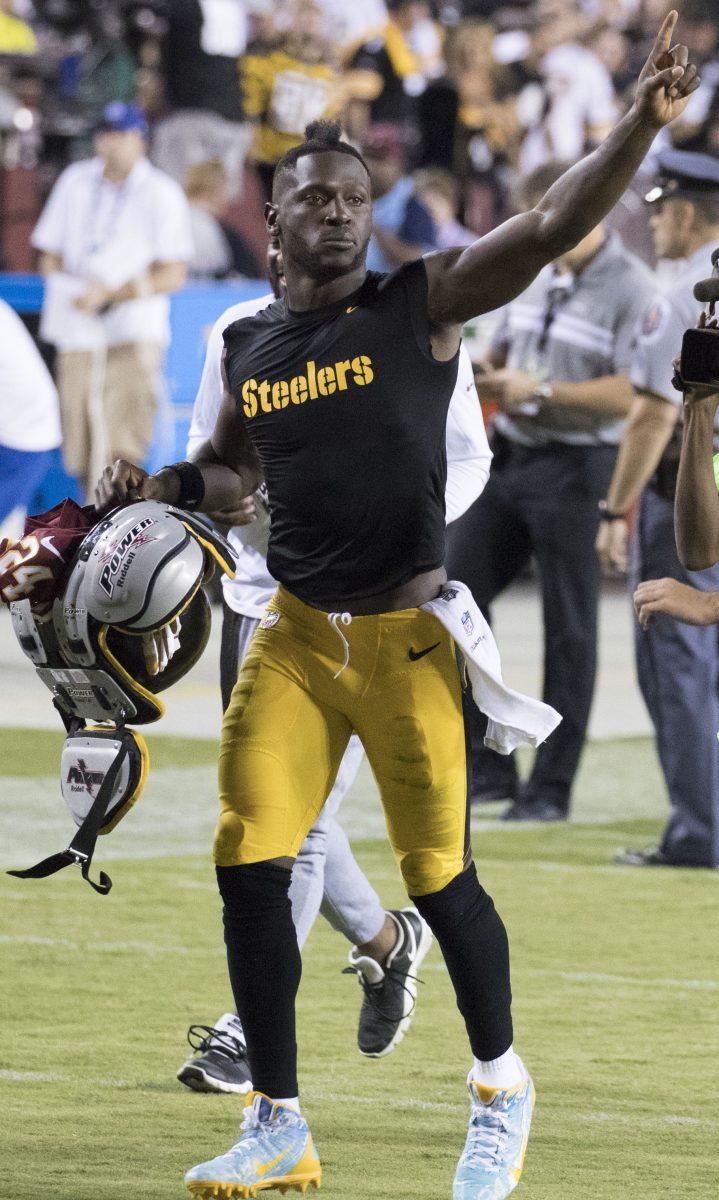As of January 19, the National Collegiate Athletic Association (NCAA) updated the transgender participation policy with an aim to make it more clear while balancing fairness, inclusion, and protection for athletes. The new revision of the policy highlights the importance of equality and provides clear restrictions for people, simultaneously ensuring no disproportionate or unfair advantage over another athlete.
The updated NCAA policy now states that for each sport, athletes will have to abide by the rules of the national governing body for that sport to determine eligibility requirements. This is in the recommendation by the NCAA Committee on Competitive Safeguards and Medical Aspects of Sports to the Board of Governors. The sport’s international federation policy or International Olympic Committee policy would only be followed if there was no national governing body policy for the sport.
This policy went into effect immediately, beginning with the 2022 winter competitions. Four weeks prior to their sport’s championship selections, athletes were obliged to document sport-specific testosterone levels. Then, starting with the 2022-23 academic year, they will need to document their levels once at the start of the season, then once again six months after. Additionally, they’ll be required to test their levels four weeks before any championship selection.
In support of this policy, NCAA president Mark Emmert mentioned in an interview how this new policy provides clear, unquestionable rules, and ultimately strengthens the relationship between the U.S. Olympic teams and college sports. There are, however, many people that have opposing opinions.
Countless athletes and advocates mention this updated policy as a “missed opportunity” for the NCAA. Athletes, including Chris Mosier, a transgender swimmer who spoke in an interview with ABC, argue that these rules are complex and are going to be challenging to follow. Additionally, many point out that the rules were going well previously, and the abrupt change had a negative reflection on the NCAA.


































